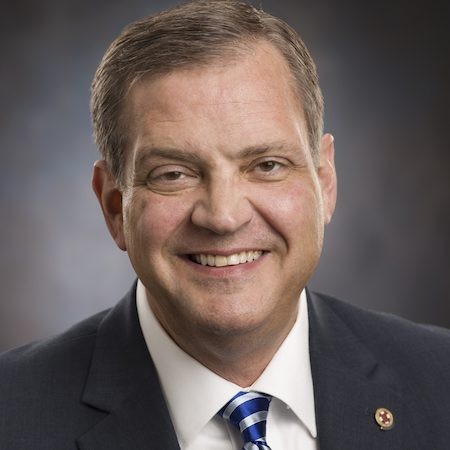
Albert Mohler
| Albert Mohler Wiki | |
|---|---|
| Name | Albert Mohler |
| Profession | Religious Author |
| Age | 65 years |
| Date of Birth | October 19, 1959 |
| Horoscope | Libra |
| Country | United States |
| Height | Check Below |
| Net Worth | See Below |
Birthday Countdown
Early Life and Education
Albert Mohler was born on October 19, 1959, in Florida, United States. He attended Florida Atlantic University and Samford University, where he pursued his passion for theology and religious studies.
Professional Achievements
Mohler's career in religious authorship and leadership began to flourish when he was named the 9th president of the Southern Baptist Theological Seminary in Louisville, Kentucky. This appointment solidified his reputation as one of America's most influential evangelical leaders.
Published Works
Albert Mohler has authored numerous books that have made a significant impact in the religious community. Some of his notable works include "Acts 1-12 for You: Charting the Birth of the Church" (2018) and "We Cannot Be Silent: Speaking Truth to a Culture Redefining Sex, Marriage, and the Very Meaning of Right and Wrong" (2015).
Media Presence
In 2013, Albert Mohler appeared on CNN to discuss controversial comments made by Duck Dynasty star Phil Robertson. His ability to articulate complex religious and cultural issues on a mainstream platform further solidified his position as a respected voice in evangelical circles.
Personal Life
Albert Mohler is married to Mary and they have two children, Katie and Christopher. While his family provides a strong support system, Mohler's professional accomplishments stand on their own merit, showcasing his dedication to advancing religious discourse and thought leadership.
In conclusion, Albert Mohler's legacy as a historical theologian and religious author is marked by his unwavering commitment to speaking truth and engaging with challenging topics. His influence extends beyond the confines of the Southern Baptist Theological Seminary, making him a prominent figure in shaping the conversation around faith and culture.








